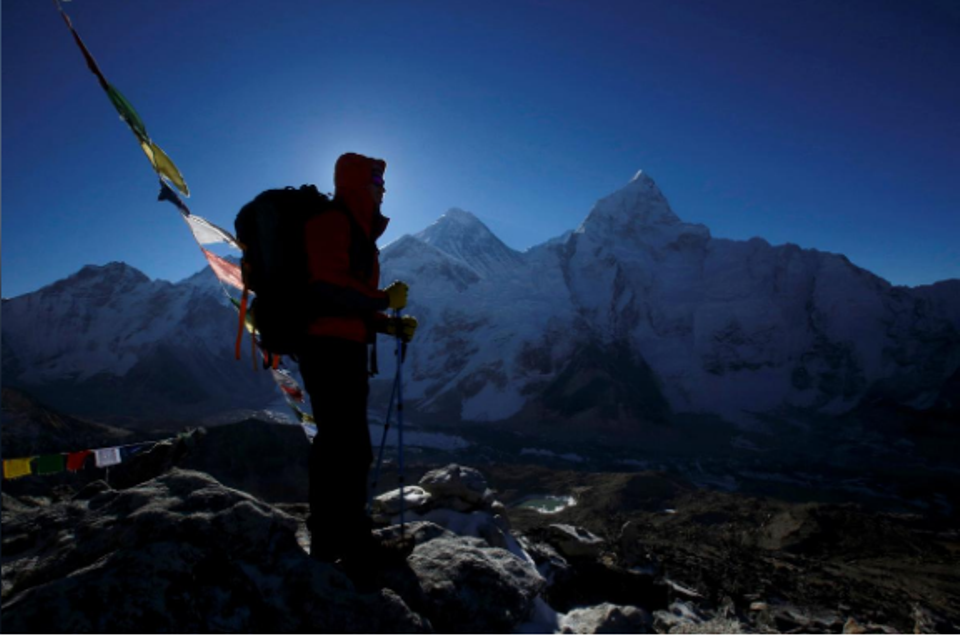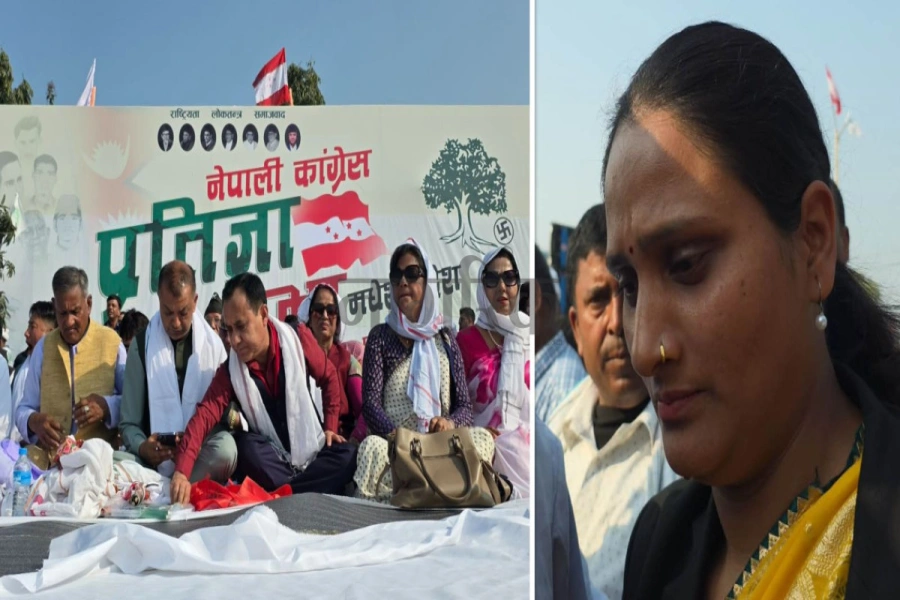With request from the Home Ministry, Nepal Telecommunications Authority (NTA) is working with Internet Service Providers (ISP) and telecom operators offering General Packet Radio Service (GPRS) facility to ban the websites. [break]
The Clause 47 of the Electronic Transaction Act of 2063 BS says that "If any person publishes or displays any material, in the electronic media including computer and internet, which is prohibited to publish or display by the prevailing law or which may be contrary to the public morality or decent behavior or which may spread hatred or jealousy against anyone or which may jeopardize the harmonious relations subsisting among the peoples of various castes, tribes and communities, he/she shall be liable to punishment with the fine up to Rs 100,000 or imprisonment up to five years or both."
"Technically it´s possible. However, NTA has to provide clear directive telling us which and what sites to ban," said Om Bikram Thapa, Chief Technical Officer, at Internet Service Providers´ Association of Nepal (ISPAN).
Since NTA is solely responsible for directing ISPs for this matter, it has to classify such websites by maintaining and updating database.
How can it be banned?
Thapa pointed out three ways to ban websites providing pornography. The first one is category based. Websites are categorized according to their information.
For example, there is news category under which websites having news contents are shown. Likewise, on pornographic category, only porn are shown. The ISP could ban the porn category and allow other internet access.
Websites are also categorized by the content it hosts. This process, however, is difficult. This requires people to monitor sites and ban certain contents of websites.
The third process is banning the website itself. For example, when a user types certain web address, the IP is not shown. Thapa said that for Nepal, it would be best to ban websites according to the category.
However, Jaya Mukunda Khanal, spokesperson for Home Ministry refused to speak on this matter.
The problem
However, there are some problems to the decision: NTA doesn´t have a clear policy till now, Narayan Neupane, secretary of Computer Association of Nepal (CAN), said.
In order to ban the sites, ISPs will have to buy customized firewall hardware from abroad. These firewalls cost a minimum of Rs 100,000.
The firewall of each ISP will check the website entry to the database at NTA, filtering web category. If the content is safe, the user gets Internet access, else they don´t. "Despite it, we cannot guarantee a 100 per cent ban," Thapa said.
Will ban on porn sites curb rape?








































